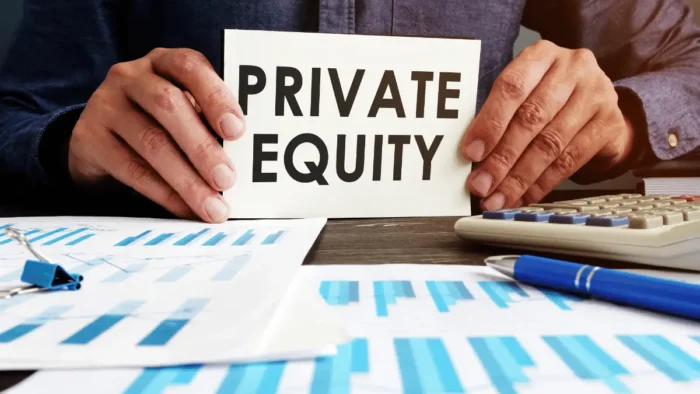If you want to start a new business, you’re likely going to need some money. But how do you go about getting it? Yes, you need to raise money for a business.
A lack of knowledge about how to raise capital for a new business can make it feel like a daunting task. And, unless you took a business finance class, it’s also likely that nobody ever taught you this important piece of information.
People typically jump to the conclusion that you need to get a loan to start a business. While loans can be a great option for anyone that needs to get a large sum of money, there are also a variety of other options you can use.
Read on to learn everything you need to know about raising money for a business.
Bootstrap Your Business
Bootstrapping is when you fund a business out of pocket. This is commonly done by those that are starting small businesses because they typically don’t cost as much compared to a larger endeavor. Depending on the industry that you’re entering, you may be able to bootstrap your business without breaking the bank.
While bootstrapping comes with the risk of losing a large sum of money, it prevents you from being held liable for paying back a loan. Bootstrapping your business would also encourage others to work with you in the future because they’ll consider you financially responsible.
Launch a Crowdfunding Campaign
Crowdfunding campaigns are one of the best things you can do when it comes to raising money for a business. These campaigns focus on having people donate money to help you start. In return, you’ll promise them something in return.
Take a look at the company Formlabs. They raised $3 million on Kickstarter, which is a site dedicated to crowdfunding. This allowed them to produce high-quality 3D printers for public distribution and they were able to scale their operation. Later on, they earned investments from venture capitalists.
When you crowdfund, you’re connecting with your audience on a personal level that allows you to learn exactly what they want. This relationship will help you when you start the business because you’ll already have a clientele. With their feedback, you can make improvements to your product and earn more money.
There are various sites in which you can start a crowdfunding campaign, but you must think about what you’ll offer to those that donate. Companies will typically offer several tiers based on varying donation amounts. The more that people donate, the more things they’ll get in return.
You’ll need to include details about your company including what your business model is and what kind of products you’ll offer. It’s also a good idea to upload a video so that people can feel as though they know who you are.
Apply for Loans
Loans aren’t the first thing you should consider, but they’re a good way to get money to start a business. There are a plethora of loans depending on what you need.
Whether you need a loan for equipment or to purchase property, there’s an option for you. You can even get car title loans to use your vehicle as collateral.
The following are a few loan types to consider.
Personal Loan
A personal loan is what people usually think of when they think of loans. What makes a personal loan a great option for anyone that wants to start a business is its accessibility. Personal loans are offered by most banks and credit institutions.
Depending on where you go and how good your credit is, you can usually get several thousand dollars that could help you kickstart your business. The only downside to a personal loan is that the lender isn’t provided collateral, so you may have to pay high-interest rates.
Payday Loan
A payday loan is just like a personal loan except that the repayment period is much shorter. The repayment period for payday loans typically lasts for 2-4 weeks, which is why they’re called “payday” loans. However, you can usually walk out of the lender’s office with money the same day you go in.
Payday loans have higher interest rates compared to others, so it’s best to pay them off as quickly as possible. These may not be the best option for anyone that doesn’t plan on pulling in money immediately after opening the business.
Line of Credit
Most people already use a line of credit in the form of credit cards. A line of credit is essentially a limit that you can borrow up to for as long as you’d like, providing that you pay the debt. For example, you can borrow $500 and continue to borrow that every time you pay it back.
Find an Investor
Investors are those that put money into your business in the hopes of it growing so that they can make a return. The money they put into the business isn’t yours to keep, but you can use it to fund the business in any way you’d like.
When you start, you’ll need to pitch your business to investors to gain their interest. This is similar to pitching for a crowdfunding campaign, but you’ll need to be more professional. Explain to potential investors why they should invest in your business and what they can expect to gain in the future.
Now You Know How to Raise Money to Start a Business
Raising money for a business isn’t as difficult as people make it out to be, but you’ll have to have patience in the beginning. Now that you know how to raise money to start a business, you shouldn’t have to resort to a loan to fund it. However, it’s not a terrible idea if you’re short on money and need it urgently.
Ultimately, though, you should try not to resort to loans until you have no other option. Instead, focus on other options like trying to get investors or starting a crowdfunding campaign.
To learn more about starting a business, keep browsing more of our articles.



